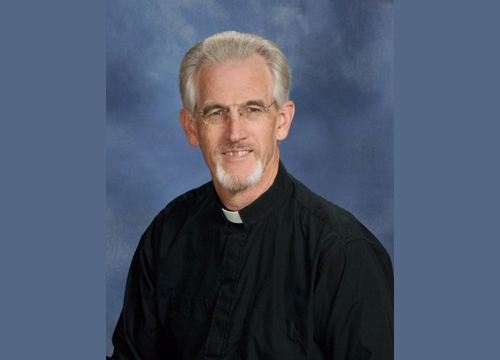Twentieth Sunday Ordinary Time Cycle A Is 56:1, 6-7; Rom 11:13-15, 29-32 Mt 15:21-28
The readings speak to us about for whom salvation is intended and the worthiness of all people of God’s love. In the first reading, Isaiah tells the Israelites the Lord will bring to his mountain anyone who joins themselves to the Lord, becomes his servant, keeps the Sabbath and holds to his covenant.
Paul tells us that the salvation offered to the Israelites was ultimately offered to the Gentiles because of Jewish rejection. By Gentiles, Paul means the rest of the world.
In the Gospel the disciples wanted Jesus to send the Canaanite woman away, to cure her so she would leave. Jesus replies, “I was sent to the lost sheep of Israel.” This may have been said with sarcasm in his voice because of the Jewish belief that salvation was only from the Jews.
The Canaanites worshipped Baal and were enemies of the Jewish people. The Jews referred to them as “dogs,” placing them in a class that was sub-human. But this woman does something that would have been unheard of coming from a Canaanite — she acknowledges Jesus as the Son of David and calls him Lord.
This is tantamount to calling him the Messiah. So she, a Canaanite, recognizes what the Jewish leaders did not: Jesus is the Son of David, the Messiah.
Jesus always recognized what was in the heart of the Pharisees, Scribes and others who approached him. He most certainly knew her faith. If Jesus recognized her faith, why does he engage her in a conversation? Why does he test her?
Jesus needs his disciples to know she is a woman of faith and that she is worthy of being called a believer, not a “dog.” In the exchange between them, Jesus elevates the Canaanite woman to the same level as the Jews and in essence is saying that anyone who believes and lives according to the Gospel is worthy of the same status as a believer.
In granting the request of the woman, Jesus honors her as a person of faith, someone equal to the Jewish people in the eyes of God. She has honored God by acknowledging Jesus as Son of David, the Messiah. In doing this, he has also refuted the man-made practice of downgrading other people because they were not Jewish.
In the early Church, there was a great discussion among Church leaders about for whom the Gospel and salvation were intended. I have to believe that in those discussions incidents like this where Jesus treated non-Jewish believers, Samaritans, Canaanites and others as equals in the Kingdom of God were recalled.
Isaiah tells us that God said his house shall be a house of prayer for all people. Jesus reinforced this in his ministry by accepting all who had faith in him.
Peter also supports this belief when he says, “I truly understand that God shows no partiality, but in every nation anyone who fears him and does what is right is acceptable to him” (Acts 10:34-35).
All people are worthy of the peace and justice offered in the Kingdom of God. In following Jesus, we need to follow his example and treat all people with the same justice with which Jesus treats us; give them the same love and peace that Jesus gives us.
In the Kingdom of God, no one group is inferior to another. Conversely, no one group is superior to another. In the eyes of God, we are all equal.
Deacon Christopher Colville serves at Church of the Redeemer, Mechanicsville.

